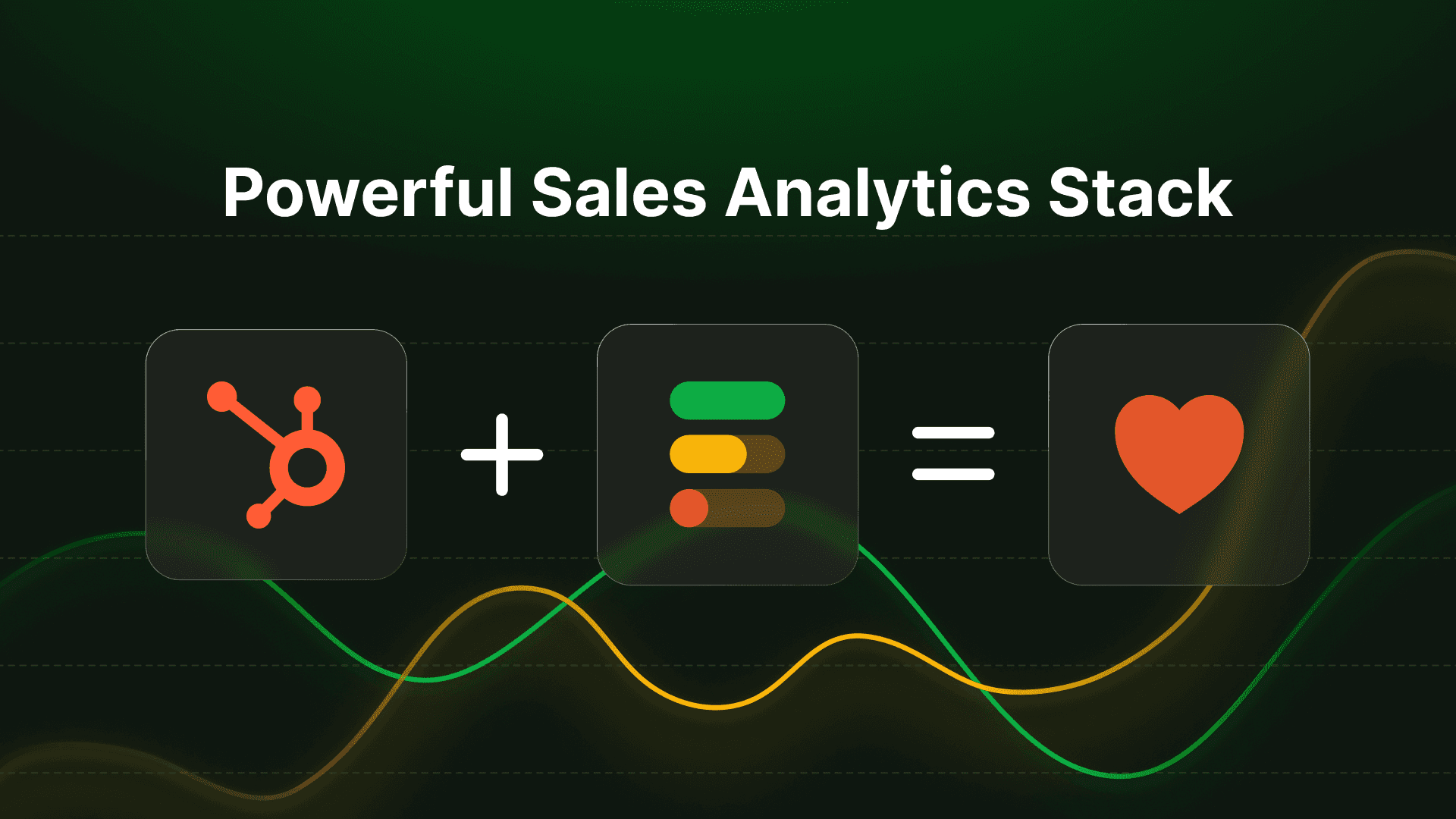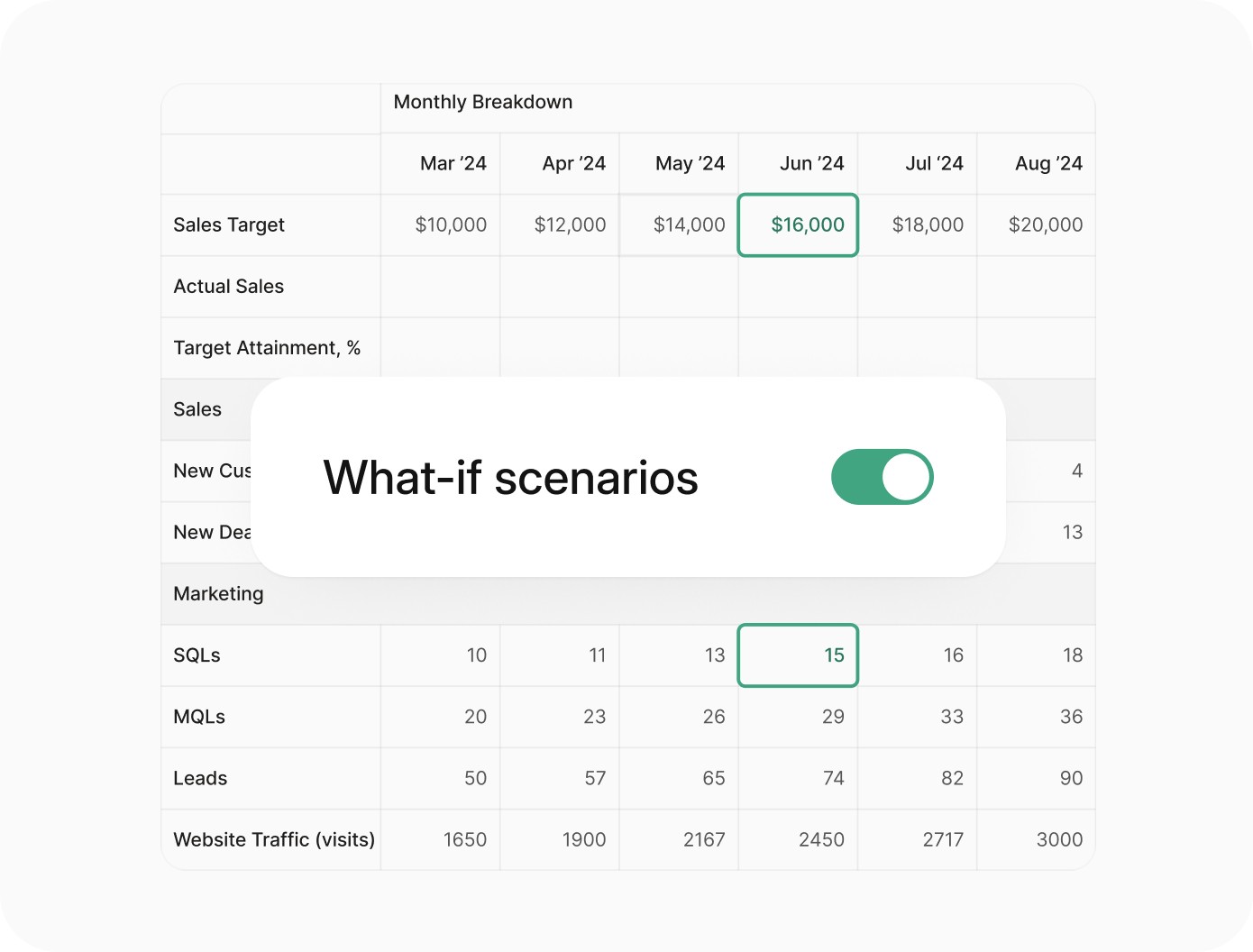Mastering the Art of Saying "No": A Strategic Guide for Sales Leaders

Dmytro Chervonyi
CMO at Forecastio
5 Min
SHARE
Sales teams often aim to close as many deals as possible. However, one of the most critical skills to teach your sales representatives is the ability to say "no." Knowing when to let customers go is a key factor in driving success, maintaining a healthy sales environment, and ultimately, boosting revenue.
The dangers of chasing every opportunity
Salespeople are naturally driven to pursue every lead, but this approach can harm both the individual and the organization. Here are three scenarios where saying "no" is the wisest choice:
Low-potential deals that consume too much time: These opportunities linger in your pipeline, sapping time and energy that could be better spent on high-priority prospects. Despite the low probability of winning and the customer's reluctance to establish a relationship, sales reps often continue to invest heavily in these dead-end deals. To avoid this trap, set clear criteria for qualifying leads and encourage your team to focus on opportunities with the highest success potential.
Customers that don't meet ICP requirements: Newly established businesses are particularly susceptible to the temptation to close deals with customers who don't fit their Ideal Customer Profile (ICP). While it may provide short-term gains, this strategy inevitably leads to dissatisfied customers, constant complaints, and high churn rates, ultimately resulting in financial losses. To prevent this, work closely with your marketing team to develop a robust ICP. In addition, ensure that your sales reps are well-versed in identifying and targeting the right prospects.
Customers that behave disrespectfully or aggressively: Some prospects are incredibly difficult to negotiate with, consistently starting conflicts and disputes without valid reasons. While personal dislike between a customer and a sales rep can sometimes be resolved by assigning a different representative. However, if the issue persists, it's best to let the customer go. Protecting your team's emotional health and maintaining a positive environment should always take priority. Encourage your sales reps to escalate problematic customers to management and trust their judgment when disengaging from toxic interactions.
Selective selling advantages
By empowering your sales team to say "no" when appropriate, you'll unlock a range of benefits:
Increased focus on high-value opportunities: With more time and resources dedicated to promising prospects, your team can deliver personalized, impactful interactions that drive conversions and foster long-term relationships. This targeted approach will improve your win rate and lead to more substantial deals and higher revenue.
Improved customer satisfaction and retention: By exclusively onboarding customers who align with your ICP, you'll ensure that your solution meets their needs, reducing the likelihood of complaints and churn while increasing the potential for upsells and referrals. This will lead to a more stable, predictable revenue stream and a stronger reputation in your industry.
Enhanced team morale and productivity: Protecting your sales reps from toxic customer interactions and the frustration of pursuing low-potential deals will boost their motivation, job satisfaction, and overall performance. A happier, more focused sales team will be better equipped to hit their targets and drive long-term success for your organization.
Implementing a strategic "No" approach
To effectively integrate this approach into your sales process, consider the following steps:
Clearly define your ICP: Work with your marketing and customer success teams to create a detailed profile of your ideal customer, including demographics, pain points, and success criteria. Regularly review and refine your ICP based on data and feedback from your sales reps to ensure it remains accurate and relevant.
Establish qualification criteria: Develop a set of parameters to help your sales reps quickly assess a prospect's fit and potential, such as budget, decision-making authority, and timeline. Incorporate these criteria into your CRM and sales enablement tools to streamline the qualification process and ensure consistency across your team.
Provide training and support: Equip your team with the skills and resources they need to confidently navigate difficult conversations and make strategic decisions about which opportunities to pursue. Offer regular training sessions, role-playing exercises, and mentorship programs to help your sales reps hone their ability to say "no" effectively and professionally.
Celebrate strategic disqualifications: Recognize and reward sales reps who demonstrate the courage and wisdom to say "no" when appropriate, reinforcing the value of this approach. Share success stories and best practices during team meetings and consider implementing incentives for reps who consistently make smart, strategic decisions about which deals to pursue.
Monitor and analyze results: Track the impact of your strategic "no" approach on key metrics such as win rate, average deal size, customer lifetime value, and team productivity. Use this data to refine your sales strategy and identify areas for improvement.
Embrace the power of "No" for long-term success
Embracing the power of "no" is essential to sales success. By empowering your team to strategically select customers and focus on high-value opportunities, you'll cultivate a healthier, more productive sales environment that consistently delivers outstanding results. Implementing a strategic "no" approach may require a shift in mindset and a willingness to challenge traditional sales practices, but the benefits – increased revenue, improved customer satisfaction, and enhanced team performance – are worth the effort.
Forecastio platform can help you optimize your sales process, enhance team performance, and achieve sales goals. By leveraging CRM data and AI, Forecastio empowers sales leaders to make informed decisions, identify bottlenecks, and drive sustainable growth for their organizations.
SHARE

Dmytro is a seasoned marketing professional with over 10 years in the B2B and startup ecosystem. He is passionate about helping companies better plan their revenue goals, improve forecast accuracy, and proactively address performance bottlenecks or seize growth opportunities.










